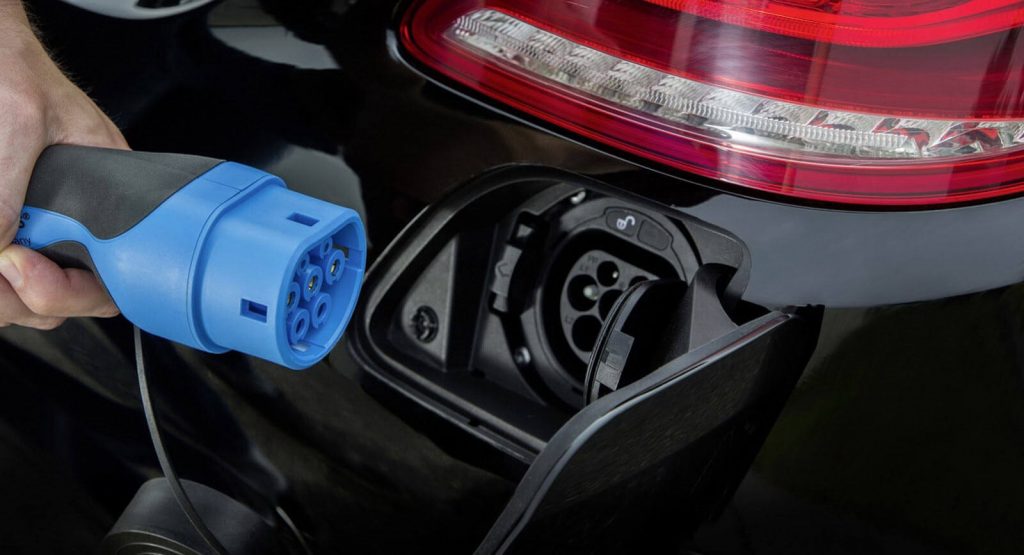
Fully-electric vehicle sales in the UK have gone down by a third since the start of the year, as motorists grow more concerned by high prices, limited battery range and poor roadside charging infrastructure.
In fact, The Times reports that fewer than 1,000 battery powered cars have been sold since January 1st, a massive 33.7% drop since the same time last year. With a £4,500 government grant set to end next month, sales could drop by even more.
“These figures suggest that consumers are still worried about the four Rs that we see holding back the pure-electric market: retail price, range limitation, recharging availability and uncertain residual value,” stated Steve Gooding, director of the RAC Foundation.
“Until more affordable models come to market with a longer range, and more is done to make recharging less of a headache, it is hard to see how the picture is really going to change.”
The Department for Transport said that there have been over 130,000 claims for its plug-in car grant (£4,500 off EVs and £2,500 off PHEVs), with a spokesman stating that more than 11,500 public charging points had been installed, including 900 rapid chargers, making this the largest network in Europe.
Yet, according to the Society of Motor Manufacturers and Traders, more drivers have been opting for hybrids, powered by either a petrol or diesel engine. Overall, the number of all-electric sales is actually up, with 13,600 units being moved last year – 32.5% more than in 2016, though only 0.5% of total new car sales.
While clean hybrids are said to not be included in the British government’s ban on new diesel and petrol cars by the year 2040, if the plan is to move towards a zero-emission future, in the end only fully-electric and hydrogen models will endure.
The post Electric Car Sales In The UK Drop By A Third Since January 2018 appeared first on Carscoops.




